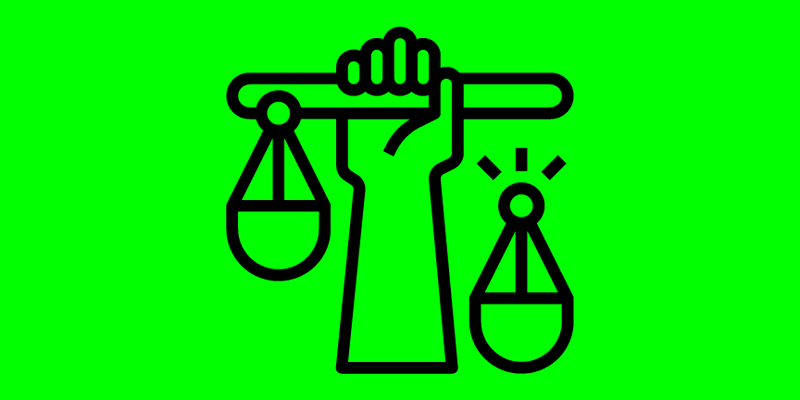Ethical Considerations and Mitigation Strategies
As Artificial Intelligence (AI) continues to shape our world, there is a growing recognition of the need to address biases within AI systems. Biases can inadvertently creep into models, perpetuating discrimination, and impacting real-world decision-making. In this article, we explore the ethical considerations in AI development and the strategies that can be employed to mitigate bias, ensuring that systems are fair, transparent, and accountable.
Ethical Considerations
Fairness and Equity
Ensuring fairness and equity should be the guiding principle throughout the AI development process. Developers must strive to eliminate any form of bias that may arise from historical data or societal prejudices. They should actively work towards building AI models that treat all individuals and groups with impartiality and without discrimination.
Transparency and Explainability
Transparency is crucial to build trust in AI systems. Developers should aim to create models that are explainable, meaning they can provide clear and understandable reasons for their decisions. This allows users to comprehend the rationale behind AI-generated outcomes and challenge any instances of bias.
Privacy and Data Protection
AI developers must handle data responsibly and respect individual privacy rights. Protecting sensitive information and using data ethically are essential to prevent biases based on personal characteristics and attributes.
Inclusive Development
Diverse teams play a vital role in building unbiased AI systems. Including individuals from different backgrounds and perspectives during the development process helps identify potential biases and ensures that AI systems cater to a broader range of users.
Mitigation Strategies for Bias in AI
Diverse and Representative Data
Bias often arises from training AI models on biased datasets. Mitigating this requires using diverse and representative data from different demographic groups. Including a wide range of data helps ensure that AI systems learn from a comprehensive and unbiased dataset.
Bias Detection and Evaluation
Developers must employ bias detection and evaluation tools to identify potential biases in AI models. By continuously monitoring the performance of systems, they can assess any unintended biases that may emerge during real-world usage.
Data Preprocessing Techniques
Data preprocessing plays a crucial role in reducing bias. Techniques like re-sampling, data augmentation, and balancing can help ensure that AI models do not favor specific groups.
Fairness-aware Algorithms
Developers can use fairness-aware algorithms that explicitly consider fairness metrics during model training. These algorithms aim to minimize disparate impact, ensuring that predictions are unbiased and equitable across different subgroups.
Bias Mitigation Regularization
Integrating bias mitigation regularization during the training process can help penalize the model for making biased predictions. This encourages the AI system to prioritize fairness and reduces the risk of perpetuating biases.
Post-hoc Fairness Techniques
Post-hoc fairness techniques can be employed to adjust AI predictions after they are made. These techniques attempt to correct biased outcomes and ensure fair treatment for all individuals.
Working Together to Embrace Ethical Practices
Addressing AI bias is a critical and ongoing challenge in the development of AI systems. Ethical considerations, transparency, and inclusivity should guide developers to create AI models that are unbiased, fair, and accountable. Mitigation strategies, such as diverse data collection, bias detection, and fairness-aware algorithms, are essential in building AI systems that benefit society.
As AI continues to advance and integrate into various aspects of our lives, it is crucial to remain vigilant and committed to addressing bias. By working together and embracing ethical practices, we can pave the way for a future where AI technology is truly equitable and enhances the lives of all individuals without perpetuating discrimination or unfairness.
